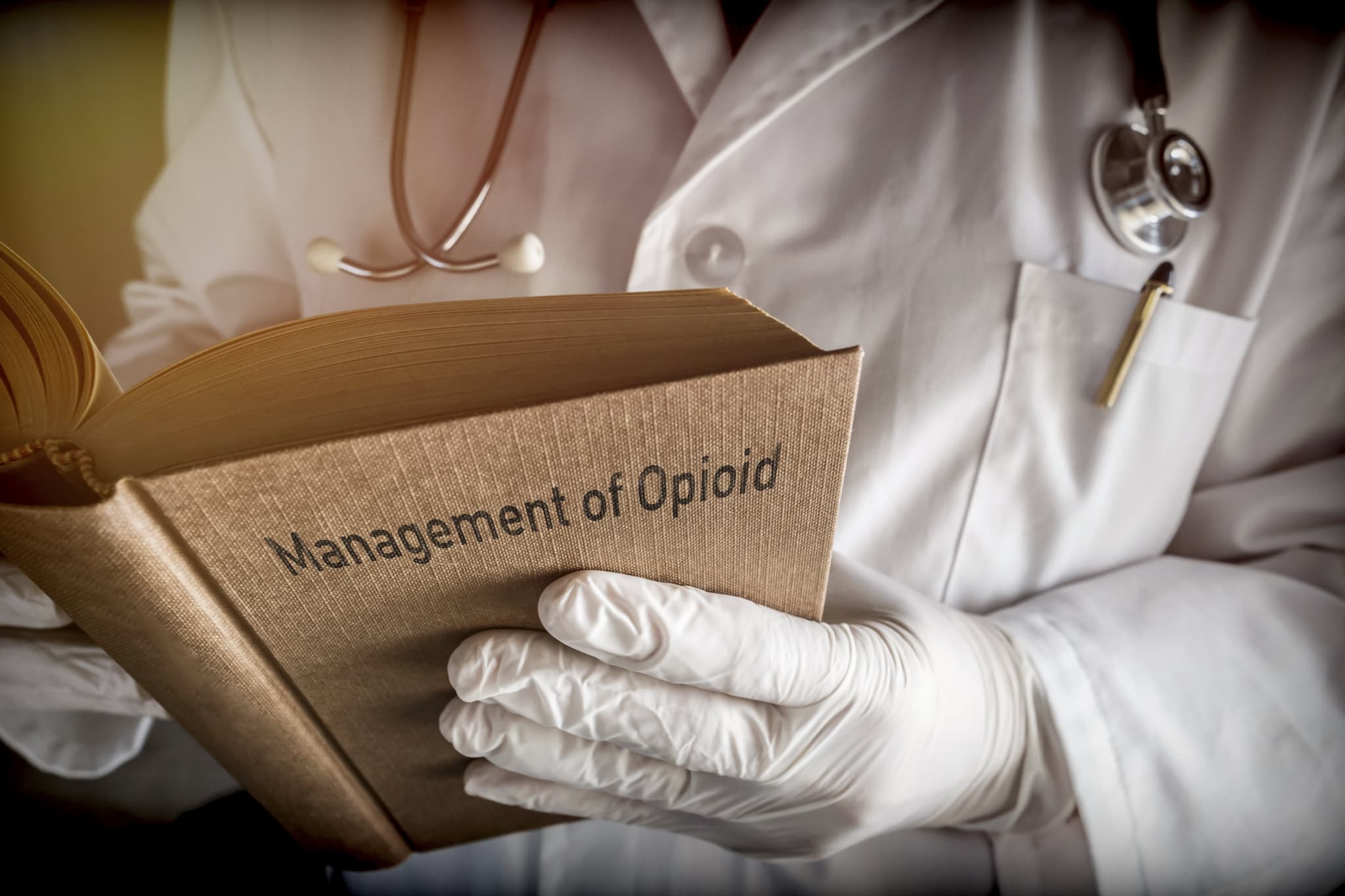
2025-11-21T14:10:25
How to Prevent Gestational Diabetes
- Family Medicine
- Internal Medicine
- OB/GYN
March 13, 2019 | Family Medicine

Prescription opioids help relieve moderate-to-severe pain. Following surgery, opioids can be an effective pain treatment option, but there are many risks associated with opioids. Even when a doctor prescribes an opioid, it can have side effects that are dangerous. Work with your doctor to get the best treatment possible for your condition.
If you or your child is prescribed opioids as part of a treatment plan for pain, you should know the risks, symptoms of an overdose and how to store your medication safely to prevent an overdose. Use opioids as directed by a doctor and talk to your doctor about any concerns you have.
Opioids can cause some serious side effects, including:
Other risks of opioid use include overdose and addiction. The risk of addiction with opioids is higher with people who have a history of drug misuse or substance abuse, mental health conditions or sleep apnea.
A person’s breathing can slow down to a dangerous rate during an overdose, and the person may lose consciousness. Other signs include limpness and pale blue or cold skin. If you suspect an opioid overdose, call 911 immediately. Until medical help arrives, try to keep the person awake and breathing. To prevent choking, lay the person on their side.
Pain pill safety involves being proactive when taking opioids. When using opioids prescribed by a doctor, follow these safety tips to keep yourself and others safe:
When talking to your doctor about prescription opioids, make sure he or she knows about all the medications you are taking. It’s also important to know your options when dealing with pain to avoid taking opioids for longer than needed. Your doctor may recommend a combination of physical therapy and exercise, over-the-counter medications, such as acetaminophen or ibuprofen, and/or cognitive behavioral therapy to treat your pain. Acute pain may react well to heat, ice or massage therapy.
Talk to your doctor about opioids before you start using them to make sure that you understand the risks and the benefits. If you do think you or your child is struggling with addiction, tell your doctor.
“Eight Opioid Safety Principles for Patients and Caregivers.” American Academy of Pain Medicine.
http://www.painmed.org/files/eight-opioid-safety-practices-for-patients-and-caregivers.pdf
“Opioid Safety.” Nationwide Children’s Hospital. https://www.nationwidechildrens.org/specialties/comprehensive-pain-management-clinic/pain-treatment-therapy-options/opioid-safety
“Helpful Materials for Patients.” Centers for Disease Control and Prevention
WRITTEN BY:
The Live Better Team

2025-11-21T14:10:25

2025-11-03T11:32:24

2025-10-21T11:51:52

2025-08-20T16:07:59
This information is not intended to replace the advice of a medical professional. You should always consult your doctor before making decisions about your health.